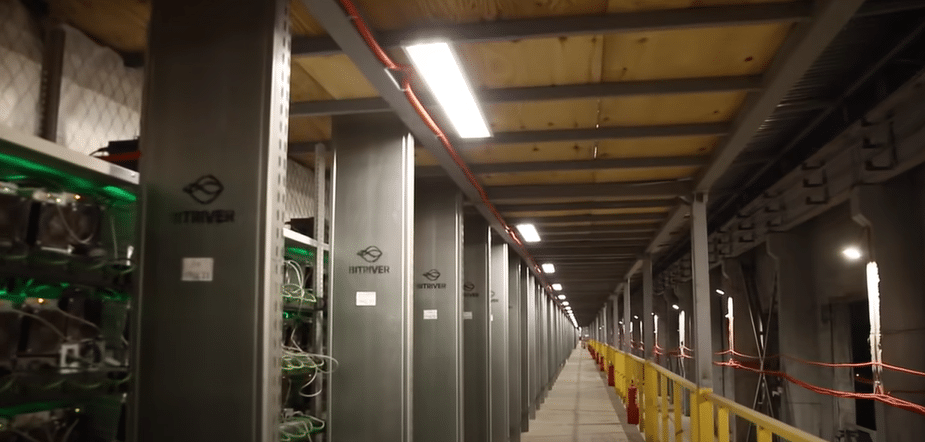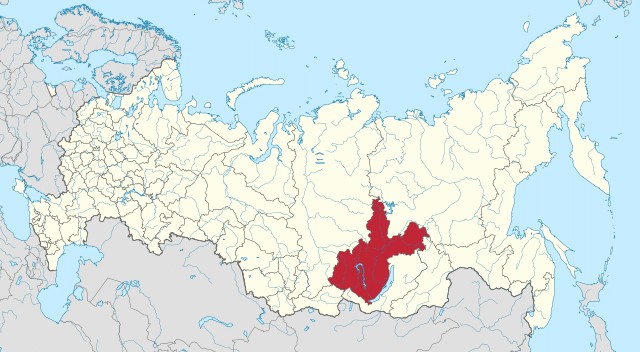Russia’s biggest crypto mining industry association has hit out at Moscow’s plans to increase electricity tariffs for miners.
The Ministry of Energy wants miners to fork out between two and five times more than they currently pay.
As mining is not yet classified as a state-recognized form of “entrepreneurship,” most Russian miners currently pay the same kind of rates as residential homes.
While power providers have been given the authority to raise miners’ hourly tariffs, the majority want Moscow to legalize the sector.
This would allow power companies to charge at higher unsubsidized industrial or commercial rates.
But per Comnews, the Industrial Mining Association (APM) thinks that this will force miners into a “gray zone” of semi-illegality.
The APM said that Russia is currently a “global leader” in the crypto mining sphere, but warned the nation would lose this advantage if the ministry’s plans are accepted.
The head of Russia’s biggest mining firm this month claimed that mining in Russia was set to become far more profitable than in the US.
The ministry, however, thinks higher tariffs will discourage overzealous miners from setting up shop in some of Russia’s most remote regions.
🇷🇺 Russian Trade Ministry ‘Develops Tool That Lets Crypto Miners Evade Sanctions’
Russia’s trade ministry has developed a tool to help crypto miners evade Western sanctions.#CryptoNews #Russia #newshttps://t.co/nlfDfzoGaS
— Cryptonews.com (@cryptonews) November 15, 2023
Energy chiefs last month said that the “depletion of energy capacity in certain regions of Russia” was becoming a problem.
They think crypto miners are hindering the connection of “larger infrastructure and socially significant facilities” to power networks.
In 2020, BitRiver miners claimed that one of their data centers was paying just RUB 1.11 (currently just over $0.01) per kilowatt for power.
The same miners claimed that this center, located near an undisclosed Siberian town was Russia’s largest crypto mining farm.
Russia’s Fast-growing Crypto Mining Industry Hits Roadblock?
The APM Director Sergei Bezdelov said the ministry’s proposal “violates Russian anti-monopoly legislation.”
And he said that “increasing tariffs for miners by two to five times will make industrial mining unprofitable.”
Bezdelov added that this would, in turn, lead to an increase in the number of illegal miners operating in Russia.
The ministry has previously backed plans to block private citizens from mining crypto, but legalize industrial mining. Bezdelov said:
“These proposals are not only ineffective, but would also have a direct negative impact on the industrial mining industry.”
The APM chief pointed out that “the current geopolitical climate” of “sanctions” was driving up Russia’s need for a thriving crypto industry. He said:
“Mining allows [Russian players] to make international payments. [Crypto] is allowing the uninterrupted inflow of imports.”
Moscow officials have admitted that many Russian firms are already doing cross-border business in crypto.
The APM thinks the Russian industrial crypto mining market grew by 50% in 2023, and “took second place in the global Bitcoin mining market behind the United States.” Bezdelov added:
“Any leadership Russia has built up [in this sphere] must be protected.”

Where Are Russian Crypto Miners Setting up Shop?
Bezdelov claimed that Russian industrial miners can currently access a total capacity of 4.2 GW. He said the mining industry had invested $4.2 billion in equipment and data centers, adding:
“If balanced regulation is introduced, the government can expect to tax the industry to the tune of $563.5 million per year from 2025.”
Furthermore, the APM Director warned that illegal miners, who often use illicit power grid connections, pose a much bigger threat to network stability. He concluded:
“[Illegal miners] place excessive load on utility networks and increase fire hazards. […] They also decrease the reliability of power supply to households, and often steal electricity.”
Industry figures think the largest crypto mining companies in Russia (the likes of BitRiver and Intelion) raked in revenues worth around $130 million in 2022.
However, experts warn that most data centers are based in the Irkutsk Oblast in southeastern Siberia.

The oblast and its power providers have enjoyed an uneasy relationship with crypto miners over the years.
They have expressed happiness at the inflow of new industry to the area. But they have also complained that miners should pay higher power fees and beware of overloading grids.
Russia’s biggest crypto mining industry association has hit out at Moscow’s plans to increase electricity tariffs for miners.
The Ministry of Energy wants miners to fork out between two and five times more than they currently pay.
As mining is not yet classified as a state-recognized form of “entrepreneurship,” most Russian miners currently pay the same kind of rates as residential homes.
While power providers have been given the authority to raise miners’ hourly tariffs, the majority want Moscow to legalize the sector.
This would allow power companies to charge at higher unsubsidized industrial or commercial rates.
But per Comnews, the Industrial Mining Association (APM) thinks that this will force miners into a “gray zone” of semi-illegality.
The APM said that Russia is currently a “global leader” in the crypto mining sphere, but warned the nation would lose this advantage if the ministry’s plans are accepted.
The head of Russia’s biggest mining firm this month claimed that mining in Russia was set to become far more profitable than in the US.
The ministry, however, thinks higher tariffs will discourage overzealous miners from setting up shop in some of Russia’s most remote regions.
🇷🇺 Russian Trade Ministry ‘Develops Tool That Lets Crypto Miners Evade Sanctions’
Russia’s trade ministry has developed a tool to help crypto miners evade Western sanctions.#CryptoNews #Russia #newshttps://t.co/nlfDfzoGaS
— Cryptonews.com (@cryptonews) November 15, 2023
Energy chiefs last month said that the “depletion of energy capacity in certain regions of Russia” was becoming a problem.
They think crypto miners are hindering the connection of “larger infrastructure and socially significant facilities” to power networks.
In 2020, BitRiver miners claimed that one of their data centers was paying just RUB 1.11 (currently just over $0.01) per kilowatt for power.
The same miners claimed that this center, located near an undisclosed Siberian town was Russia’s largest crypto mining farm.
Russia’s Fast-growing Crypto Mining Industry Hits Roadblock?
The APM Director Sergei Bezdelov said the ministry’s proposal “violates Russian anti-monopoly legislation.”
And he said that “increasing tariffs for miners by two to five times will make industrial mining unprofitable.”
Bezdelov added that this would, in turn, lead to an increase in the number of illegal miners operating in Russia.
The ministry has previously backed plans to block private citizens from mining crypto, but legalize industrial mining. Bezdelov said:
“These proposals are not only ineffective, but would also have a direct negative impact on the industrial mining industry.”
The APM chief pointed out that “the current geopolitical climate” of “sanctions” was driving up Russia’s need for a thriving crypto industry. He said:
“Mining allows [Russian players] to make international payments. [Crypto] is allowing the uninterrupted inflow of imports.”
Moscow officials have admitted that many Russian firms are already doing cross-border business in crypto.
The APM thinks the Russian industrial crypto mining market grew by 50% in 2023, and “took second place in the global Bitcoin mining market behind the United States.” Bezdelov added:
“Any leadership Russia has built up [in this sphere] must be protected.”

Where Are Russian Crypto Miners Setting up Shop?
Bezdelov claimed that Russian industrial miners can currently access a total capacity of 4.2 GW. He said the mining industry had invested $4.2 billion in equipment and data centers, adding:
“If balanced regulation is introduced, the government can expect to tax the industry to the tune of $563.5 million per year from 2025.”
Furthermore, the APM Director warned that illegal miners, who often use illicit power grid connections, pose a much bigger threat to network stability. He concluded:
“[Illegal miners] place excessive load on utility networks and increase fire hazards. […] They also decrease the reliability of power supply to households, and often steal electricity.”
Industry figures think the largest crypto mining companies in Russia (the likes of BitRiver and Intelion) raked in revenues worth around $130 million in 2022.
However, experts warn that most data centers are based in the Irkutsk Oblast in southeastern Siberia.

The oblast and its power providers have enjoyed an uneasy relationship with crypto miners over the years.
They have expressed happiness at the inflow of new industry to the area. But they have also complained that miners should pay higher power fees and beware of overloading grids.
